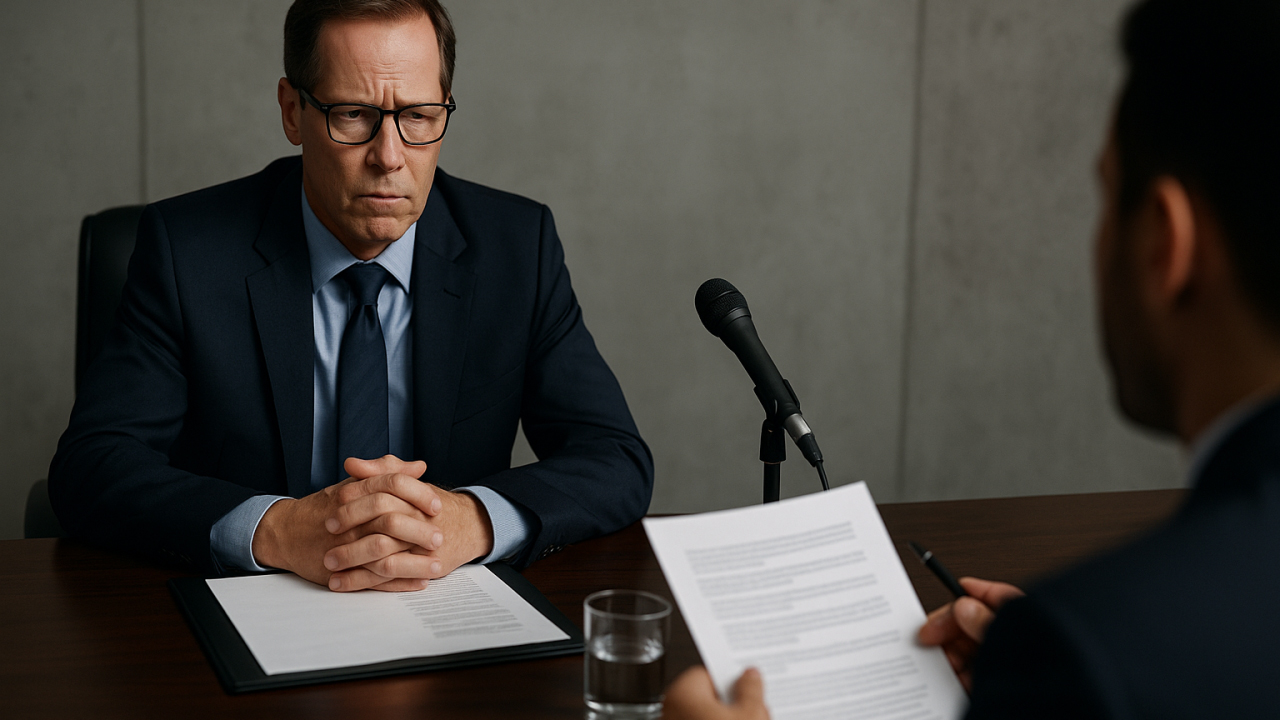
If you practice in the world of civil litigation, whether personal injury or otherwise, you’ve likely encountered a particular kind of witness during your travels: the unprepared corporate representative. You’ve served an appropriate list of topics of inquiry. Your opposing party didn’t object to them (or whatever objections they had were resolved). And so, it’s time to get the answers you’re looking for. But the witness sitting across from you is clearly unprepared. Question after question, you get the same answer: “I don’t know.”
While such an answer may be appropriate for a fact witness—who testifies based on his or her personal knowledge—that’s often not the case for a corporate representative, who is supposed to testify based on the collective knowledge of the entity he or she represents.
What to Do?
You have a few options—move to compel a second deposition and, potentially, seek sanctions. Before we get to that, though, let’s cover some basics.
Florida Law on Corporate Representatives
Rule 1.310(b)(6) sets out specific protocols for the depositions of organizations. Fla. R. Civ. P. 1.310(b)(6). In short:
- A party “notices” such a deposition, naming the organization as the “deponent” and “designating with reasonable particularity the matters on which examination is requested”;
- The named organization must then “designate” a witness or witnesses “to testify on its behalf” on the noticed matters; and
- Those designated witnesses must then “testify about matters known or reasonably available to the organization.”
A witness designated under Rule 1.310(b)(6) is not limited to testifying about “known matters” (i.e., matters within the witness’s own personal knowledge). Rather, he or she “represents the collective knowledge of the [organization].” Carriage Hills Condo., Inc. v. JBH Roofing & Constructors, Inc., 109 So. 3d 329, 334 (Fla. 4th DCA 2013). “As the [organization’s] voice, the witness does not simply testify about matters within his or her personal knowledge but rather is speaking for the [organization].” Id. (cleaned up).
Because a designated witness is testifying about the collective knowledge of the organization, preparation is key.
“The [organization] must prepare the designee to the extent matters are reasonably available, whether from documents, past employees, or other sources.” Id. (cleaned up).
“That preparation must enable the designee to give complete, knowledgeable, and binding answers on behalf of the corporation.” Id
Remedies for the Unprepared Corporate Representative
So, the corporate representative you deposed failed to adequately prepare. Now what? You can pursue two forms of relief.
First, you can ask the trial court to sanction your opposing party. If a designated witness is unprepared on noticed topics, the organization is “subject to sanctions.” Id.; Churchill v. DBI Servs., LLC, 361 So. 3d 896, 905 (Fla. 1st DCA 2023) (“If the designated corporate representative cannot answer questions about the designated subject matters, the corporation has violated its rule 1.310(b)(6) obligation and may be subject to sanctions by the court.”).
The case of Costco Wholesale Corp. v. Vargas, No. 3D22-585, 2023 WL 7006405, at *1 (Fla. 3d DCA 2023), is instructive. There, a party noticed the deposition of Costco’s corporate representative. At the deposition, the corporate representative was clearly unprepared. The representative sought to rely on a single document when answering questions. The trial court imposed fees and costs against Costco “for the conduct of its representative and attorney” at the deposition. The Third District Court of Appeal affirmed.
But, of course, sanctions aren’t going to get you the sworn testimony you may need. So, in addition to or as an alternative to sanctions, you can move to compel a second deposition.
Under Rule 1.380(a)(2): “[i]f a deponent fails to answer a question propounded . . . or a corporation or other entity fails to make a designation under rule 1.310(b)(6),” the “discovering party may move for an order compelling an answer, or a designation.” Fla. R. Civ. P. 1.380(a)(2). An “incomplete answer shall be treated as a failure to answer.” Id. (a)(3).
Conclusion
In sum, if you’re deposing a corporate representative, you often don’t have to take “I don’t know” as an answer. Critically, though, during the deposition, you must make sure to ask questions that demonstrate the corporate representative was unprepared. This includes basic questions like:
- What did the representative do to prepare to testify on a particular topic?
- What kind of information does the corporation maintain or keep on that topic?
The key is to show that the representative could have—but failed to—educate themselves on the relevant facts.
As a post-script, if you practice more in the federal space, check out Magistrate Judge Goodman’s excellent opinion in QBE Ins. Corp. v. Jorda Enters., Inc., 277 F.R.D. 676, 688 (S.D. Fla. 2012), which discusses many of these principles.
